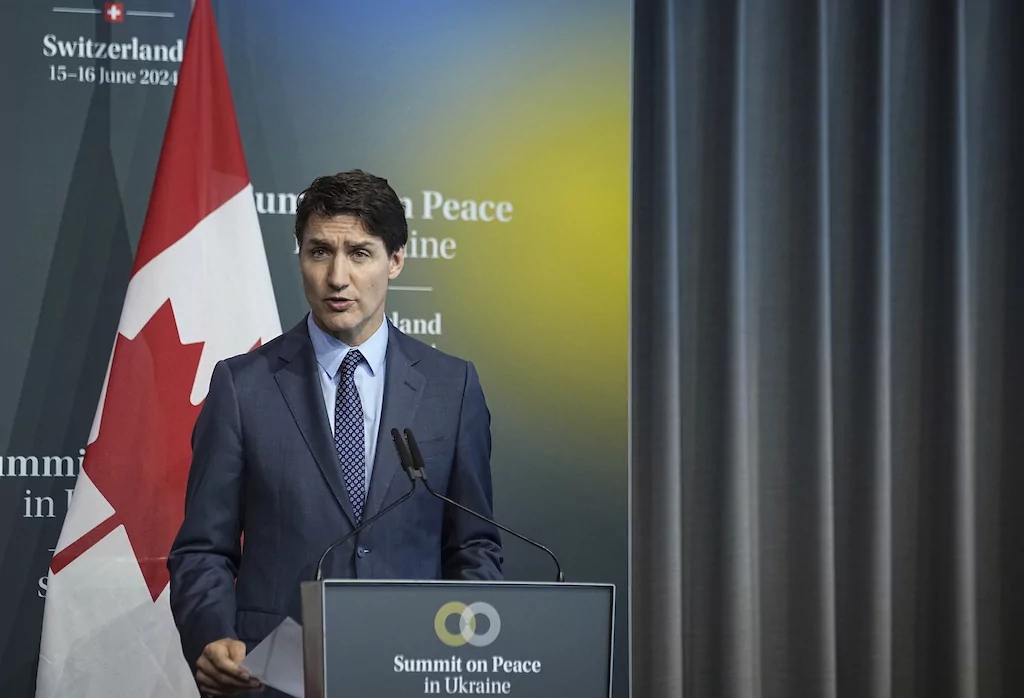

Canada is one of only a handful of NATO allies that won’t reach the requisite benchmark for defense spending, and won’t likely hit it for several years.
All NATO allies are required to spend at least 2% of their country’s gross domestic product and Russia’s war in Ukraine has prompted several allies to dramatically increase spending. Of the 32 countries in the alliance, Iceland does not have a military, and 23 countries are expected to meet the benchmark, according to recently released information from the alliance.
The allies that are expected not to reach the 2% threshold are Croatia, Portugal, Italy, Canada, Belgium, Luxembourg, Slovenia, and Spain.
Canadian Defense Minister Bill Blair acknowledged last week that it should reach that marker by the end of the decade. NATO projected that it will spend about 1.37% of its GDP in 2024.
Blair said Canada’s defense spending will likely be increased to at least 1.75% of GDP by 2029. He thinks its plans to replace the aging submarine fleet or other defense purchases would likely push it past the benchmark.
Canada is “probably the biggest laggard within the Alliance right now,” Daniel Kochis, a foreign policy analyst who focuses on NATO for the Hudson Institute, told the Washington Examiner. “Oftentimes it’s the European countries, some of the bigger European countries, which I think receive a lot of criticism for their lack of spending, but Canada, in terms of its economy size, in terms of its role in the world, is well under spending under the Trudeau Government.”
Canada is neighbors with the alliance’s largest individual contributor in the United States and is surrounded by different oceans.
“Our country finds itself at a pivotal moment. Our sovereignty and our security are no longer guaranteed by our geographic location,” Blair said, according to the Associated Press. “But the new threat environment, the greater accessibility of our Arctic, the new technologies, and the actions of our adversaries have taught us that we need to be ready.”
CLICK HERE TO READ MORE FROM THE WASHINGTON EXAMINER
Canada and Belgium are the only two allies that fell short of the other major NATO guidelines, which is that at least 20% should be spent on equipment, weapons, and other capabilities.
Dalibor Rohac, a senior fellow with the American Enterprise Institute, told the Washington Examiner that the countries’ shortcomings on defense spending were “perfectly understandable” given both have “a long tradition of complacency.” He attributed Belgium’s spending to the geographic distance between it and Russia, while he noted, “It’s slightly harder to understand because Canada actually is close proximity to Russia.




